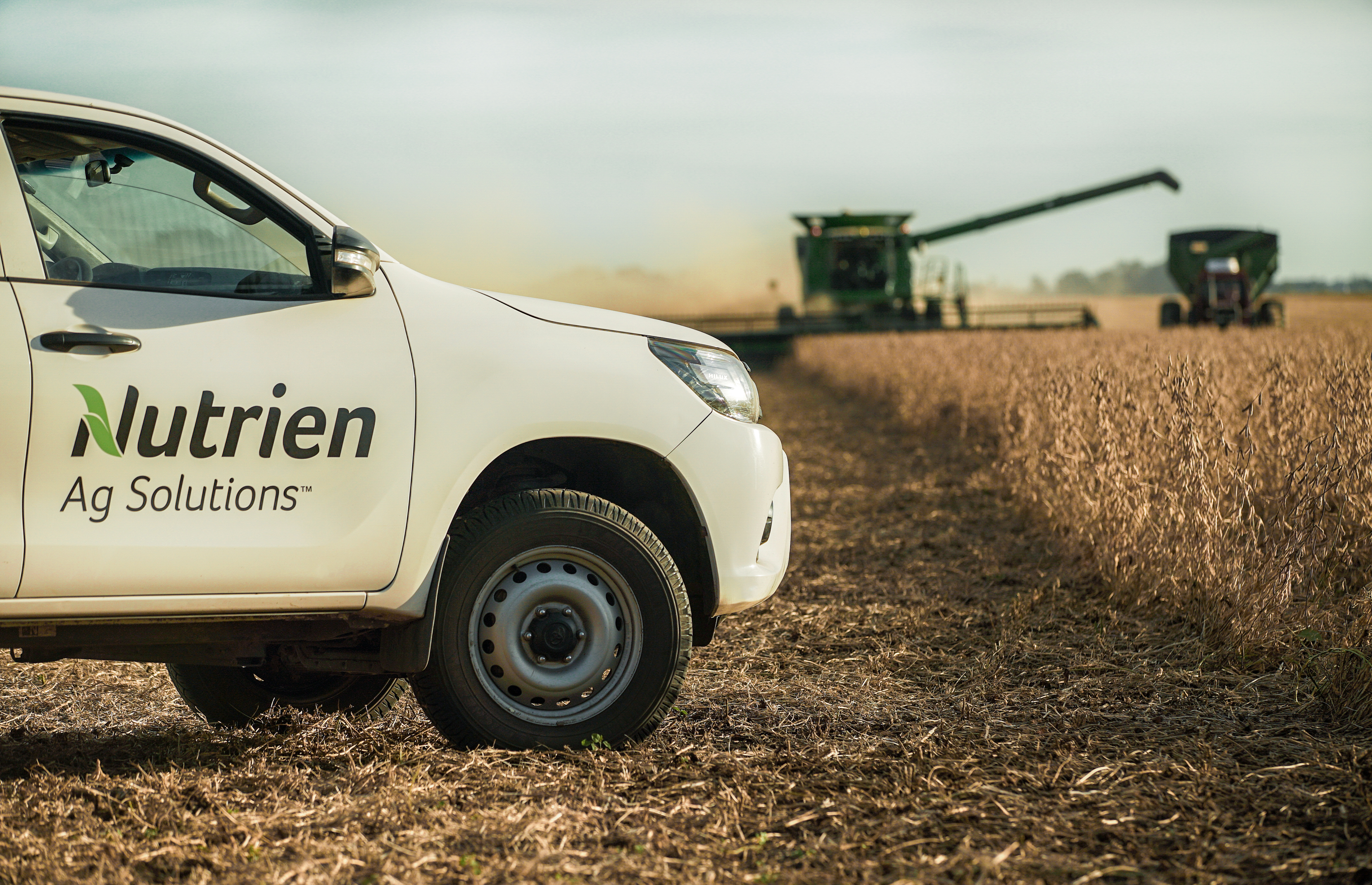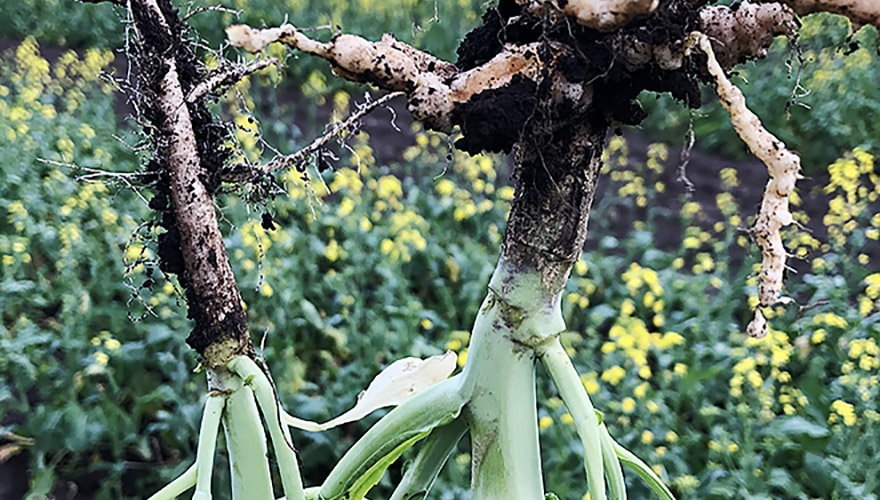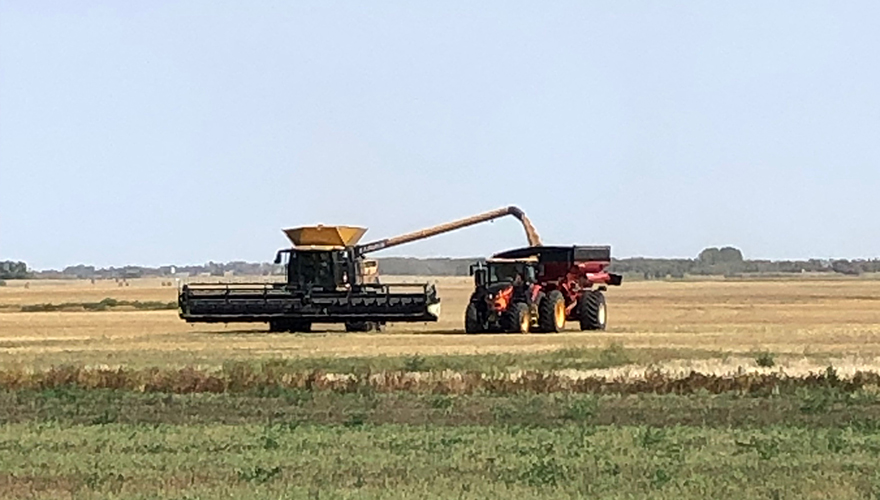Posted October 30, 2024
The Art and Science of Trials
Sara Olexsyn, a Crop Production Advisor at the Wakaw, Saskatchewan branch for Nutrien Ag Solutions talks about her work with trials.
At Nutrien Ag Solutions, I work as a Certified Crop Advisor where my duties include networking and building customer relations, marketing product and services, offering a variety of agronomic services and information, and conducting on-farm research trials with growers and other sales representatives. Each season brings a different focus, and I enjoy doing a variety of tasks from office work one day to soil sampling the next. However, I tend to fill most of my work time with planning and executing trials.
When new products or ideas hit the market, it can be difficult to move away from what we know and trust. With trials, I get a first-hand experience testing new things - allowing us to be confident in the recommendations we are making as well as seeing how these concepts work in our area. Not everything will have equal range of success, so it is extremely important that we understand the positives and negatives of each product or idea. This builds trust with our growers and shows that we are aiding them in making the most agronomically and economically responsible choices for their operation, which is always the end goal.
My latest fascination in the agricultural industry has been the use of biologicals. By working with local growers in the area, we can provide in-field results all season long. One ongoing trial we have is to focus on a different biological product each year that has been applied to both a cereal and canola crop. We monitor these fields closely and have a continuous stream of data being collected. However, the focus is not only on biologicals. This year, we had a range of trials, including canola varieties, ESN rates, fungicide products, preburn products, and in-crop products.
Each year is more successful than the last as I learn how to organize, execute, and distribute trials. This year, we were able to tackle some larger-scale projects and provide more in-depth documentation throughout the season. If possible, I like to replicate the same trials for two or more years to get a better understanding of the data collected. All completed trials are considered a success when we get the job done in an efficient and timely matter and have gathered all the necessary data required for accurate results.
Harvest can be a stressful time of the year for many growers. I do my best to ensure growers are not delayed in harvest with the trial process. This means being available at any time during the harvest season. I make sure to come out to the field prepared and if notified in advance, I will get out into the field early to mark out sections to be harvested, weighed, and sampled to eliminate time delays. After the last trial is off and final details are done, my priority is sharing the results with my co-workers and the grower who participated in the trials, following distribution to other growers in the area.
Big thanks all the growers who have allowed me to be a part of their operation. It’s a team effort and I appreciate all the support along the way from our growers and co-workers alike.
FEATURED LINKS
NEWSLETTER
Want to stay caught up in all things agriculture? Sign up for the newsletter and get all the latest news straight to your inbox.





